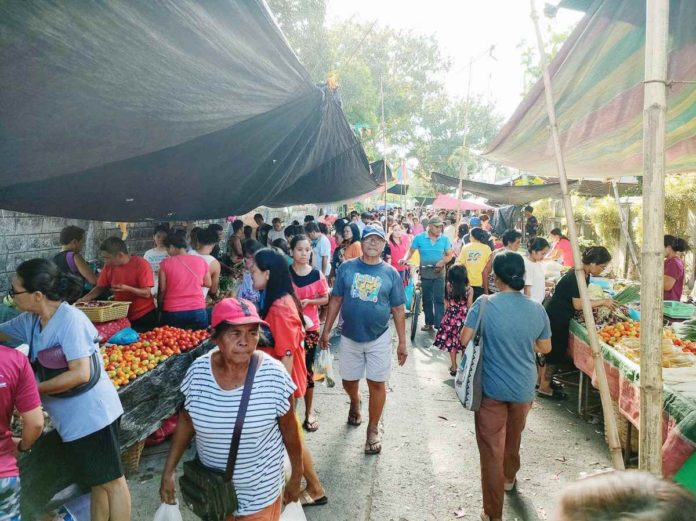
THE country’s headline inflation further eased to 1.9 percent in September this year, the lowest recorded since the 1.6 percent in May 2020.
Headline inflation was at 3.3 percent in August and 6.1 percent in September last year.
In a briefing yesterday, October 4, National Statistician Dennis Mapa said the latest data brought the year-to-date inflation to 3.4 percent, which is well within the government’s 2 to 4 percent target.
Mapa said the downtrend in the overall inflation was due to the slower annual increase in food and non-alcoholic beverages at 1.4 percent from 3.9 percent in August.
Food inflation, in particular, eased to 1.4 percent in September from 4.2 percent the previous month.
Mapa said the deceleration in food inflation was due to the slower inflation rate of rice at 5.7 percent from 14.7 percent in August.
Other contributors to the lower food inflation include the faster decline in the inflation of vegetables, tubers, cooking bananas, and pulses.
Lower inflation rates were also reported for corn, flour, bread and other bakery products, meat and other parts of slaughtered land animals, and ready-made food and other food products.
In a separate statement, the National Economic and Development Authority (NEDA) assured the public that the government remains committed to stabilizing commodity prices.
“The continued slowdown in inflation is expected to boost consumer confidence, driving higher spending and consumption and fueling business expansion,” said NEDA Secretary Arsenio Balisacan.
“Additionally, easing food prices will relieve low-income households, enabling them to allocate more to other essential needs such as education and health. We will sustain the momentum as we assure the public that we will continue to pursue and carry out strategies to maintain stable prices of food and other commodities,” he added.
Balisacan said the Executive Order issued by President Ferdinand R. Marcos Jr., which reduced the rice tariffs to 15 percent, helped bring down rice prices.
The NEDA chief assured the public that the government is ready to address other inflationary pressures affecting food, such as the continuing prevalence of African Swine Fever (ASF), through the delivery of vaccines.
Balisacan said the signing of the Anti-Agricultural Economic Sabotage Act, which aims to eradicate hoarding, anti-competitive practices, and other illegal activities, will also ensure access to affordable food.
He added that the government is bracing for the impact of La Niña, which, according to PAGASA, started in September and is expected to persist until the first quarter of 2025.
Balisacan noted that the government’s strategies against La Niña include improvements in early warning systems, utilization of communication systems to issue warnings upon dam openings, addressing the possible spread of diseases to livestock or people, and greater involvement of local government units in information dissemination. (PNA)







